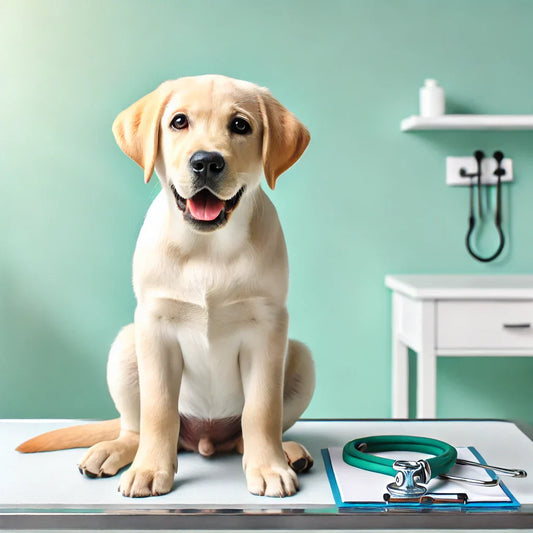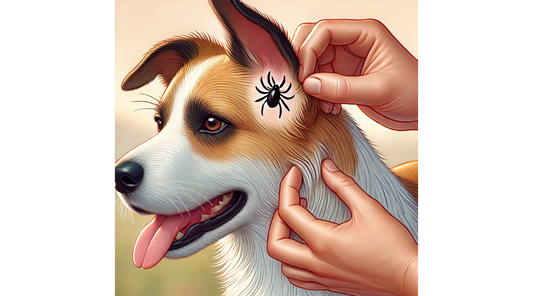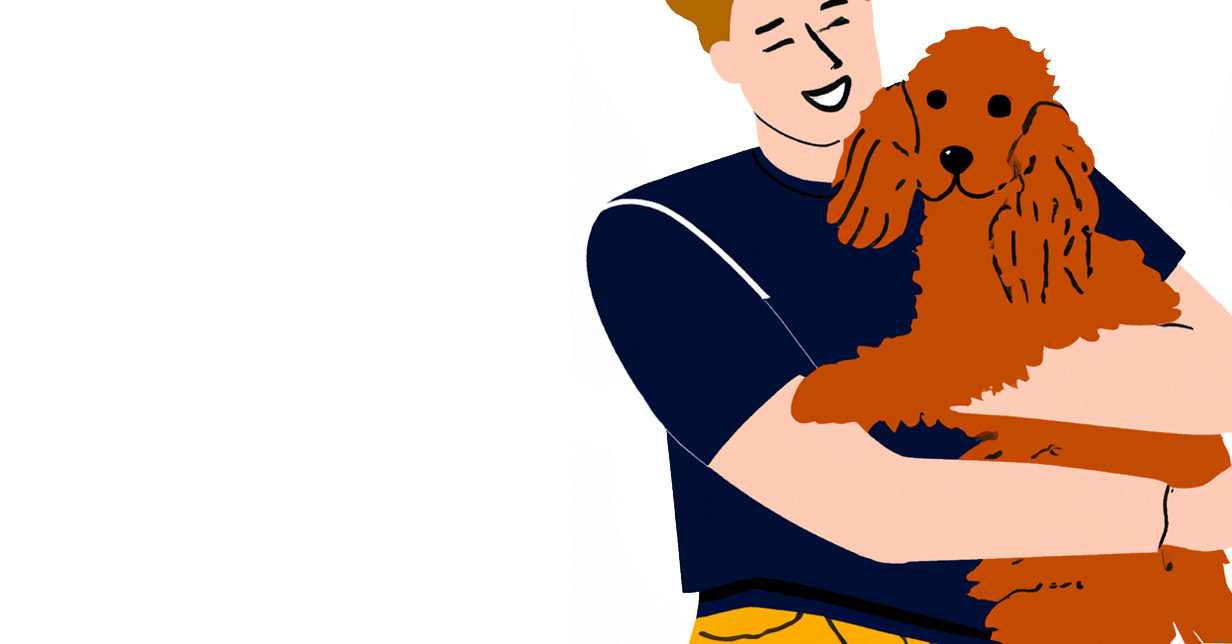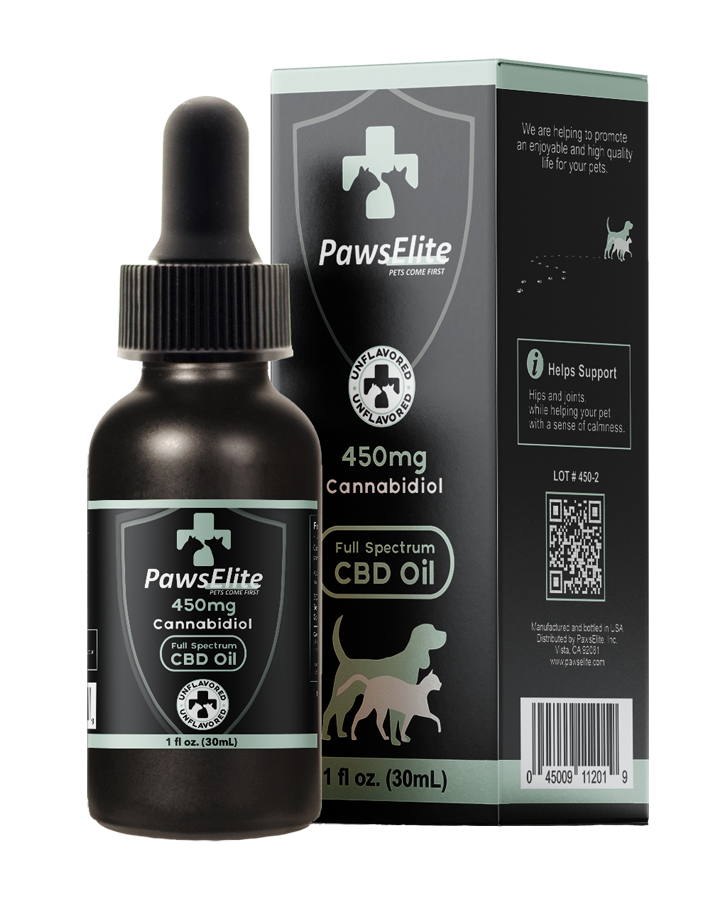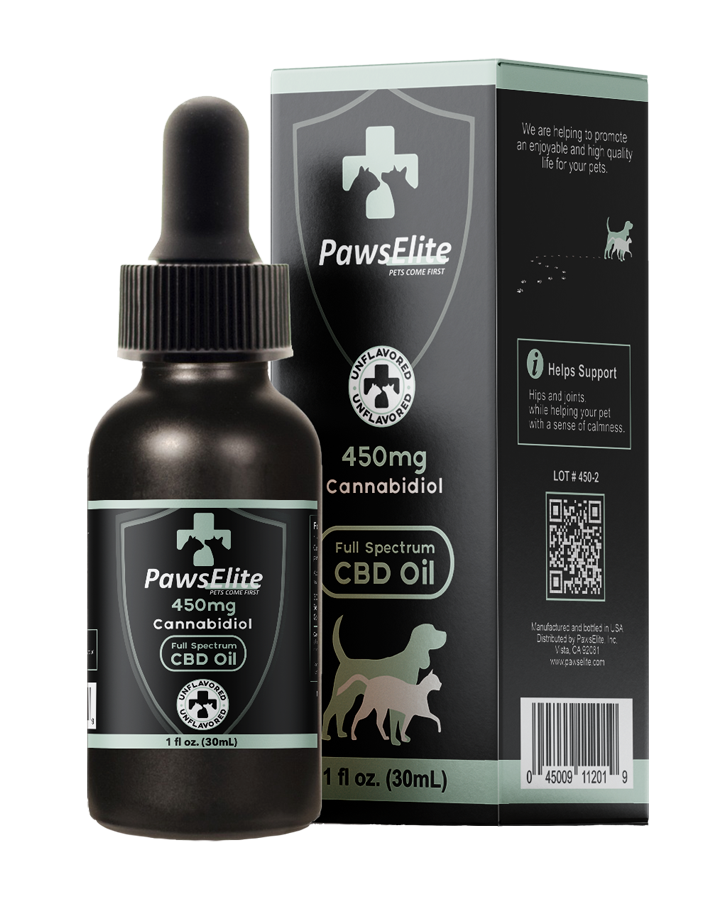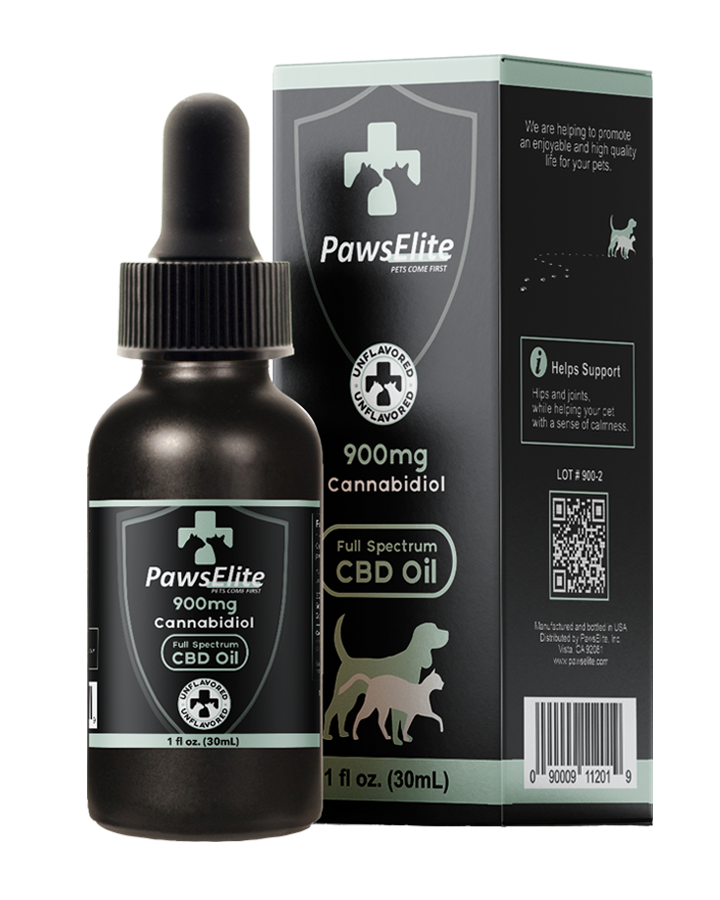What Are Maine Coon Cats Like as Pets?
Share
Imagine a gentle giant purring softly as it curls up beside you. That's often the reality when you bring a Maine Coon cat into your home. Known for their impressive size and lush mane-like fur, Maine Coons are one of the most beloved cat breeds, cherished not just for their physical appearance but also for their remarkable personalities.
Maine Coons are often referred to as the "dogs of the cat world" because of their unique blend of intelligence, playfulness, and loyalty. They're incredibly sociable and form strong bonds with their families, often following you around the house just to be in your company. If you're pondering the addition of a pet to your life, understanding the traits of these majestic creatures can help you decide if a Maine Coon is the perfect companion for your home.
Overview of Maine Coon Cats
Maine Coon cats, often called the "gentle giants" of the cat world, are popular for their large size, lush fur, and friendly demeanors. As you explore the idea of adding a Maine Coon to your family, understanding their background and physical characteristics will help you better appreciate what makes these felines unique and beloved companions.
History and Origin
The Maine Coon is one of the oldest natural breeds in North America and is native to the state of Maine, where it is the official state cat. The breed's exact origins are shrouded in mystery, with stories attributing their lineage to everything from seafaring Vikings to Marie Antoinette. What remains clear, however, is how these cats were developed to endure harsh climates, leading to their robust nature and substantial fur coats.
Physical Characteristics
Maine Coon cats exhibit several distinctive physical features that set them apart from other breeds. Firstly, their size is quite impressive, with males typically weighing between 13-18 lbs and females ranging from 9-13 lbs. They possess a long, shaggy coat that not only adds to their majestic appearance but also requires regular grooming to maintain its condition. The variety of coat colors and patterns available makes each Maine Coon cat quite unique. Darina, owner of MeoWoff, a Maine Coon enthusiast and expert, notes, "The luxurious coat of a Maine Coon, ranging from solids to bi-colors or even stripes, not only contributes to their stunning aesthetic but also reflects their evolutionary adaptations for survival." For further insights into these magnificent cats, consider visiting MeoWoff.
By understanding both the historical background and physical makeup of Maine Coon cats, you can better prepare for the delightful experiences that come with owning one of these charming creatures.
Temperament and Personality Traits
Maine Coon cats are not only physically impressive but also have captivating temperaments that make them ideal house pets. Their personalities are a blend of affection, intelligence, and playfulness, which suits various household environments.
Sociability with Humans
Maine Coon cats thrive on interaction and enjoy being close to their human families. They appreciate company but are not overly demanding of attention, striking a perfect balance for many owners. Initially, they might exhibit some shyness around strangers, yet they soon warm up, showing a sociable demeanor comparable to that of dogs. Darina, owner of MeoWoff, notes, "Maine Coons often follow their owners around with a loyalty similar to that of a puppy. They are truly gentle giants who love to be part of the family dynamics without being the center of attention all the time."
Interactions with Other Animals
Known for their vocal expressions, Maine Coon cats communicate with an array of sounds that include chirps and trills, distinct but never too loud. These sounds are often used to initiate play or simply to engage with other pets and their human companions. Their friendly nature also makes them excellent companions for other household pets, contributing to a harmonious multi-pet environment.
Care and Health Considerations
Maintaining a Maine Coon's health and well-being requires special attention to their dietary needs, regular grooming, and exercise routines, as well as being aware of common health issues that may affect them.
Dietary Needs
Maine Coons flourish on a diet that's rich in animal-based proteins to support their substantial muscular structure. A diet containing at least 30% protein is ideal. Look for cat foods where high-quality proteins like chicken, turkey, or fish are listed as the first ingredient. As some Maine Coons can reach hefty sizes and are prone to obesity, it's beneficial to choose foods with less than 10% carbohydrate content, avoiding fillers such as corn, wheat, and soy.
In terms of fats, aim for cat food comprising about 18-20% fat, rich in essential fatty acids like omega-3 and omega-6, which are vital for maintaining healthy skin and a glossy coat. For calorie intake, adult Maine Coons generally require between 24-35 calories per 500g of body weight, though active cats or kittens might need more.
Special nutritional considerations must also be taken into account. Taurine is necessary to support heart health, while added glucosamine can be beneficial for joint health.
Grooming and Exercise
Regular grooming is vital due to the Maine Coon's dense and long coat, typically requiring brushing 2-3 times a week to prevent matting and reduce shedding. Maine Coons often enjoy water, making them more amenable to baths than other cat breeds.
As for exercise, Maine Coons benefit greatly from daily play and activities. They boast a high intelligence that makes them excellent at learning tricks and can even be coached to walk on a leash. Their hunting prowess remains sharp, so interactive toys and games that mimic prey movements help keep them engaged and physically active.
Common Health Issues
Maine Coons are generally robust; however, they're susceptible to several genetic health conditions. Hypertrophic Cardiomyopathy (HCM) remains a significant concern; it's a heart condition that can progress to heart failure if not monitored closely. Hip Dysplasia and Spinal Muscular Atrophy (SMA) are also prevalent, potentially leading to mobility issues as the cat ages.
Furthermore, Maine Coons can inherit Polycystic Kidney Disease (PKD), which often leads to kidney failure, and Patellar Luxation, which causes kneecap dislocation and lameness. Regular veterinary check-ups can assist in early detection and management of these conditions. Stomatitis and obesity are additional health risks that require vigilant care.
By understanding these care and health considerations, you can ensure your Maine Coon lives a long, healthy, and happy life, thriving as a cherished member of your family.
Maine Coon Cats as Family Pets
Adopting a Maine Coon cat means bringing a bundle of joy into your home. Their playful and affectionate nature ensures that they'll quickly become an integral part of your family. With their need for regular interaction and exercise you'll find yourself engaged in their care but rewarded with their loyalty and companionship.
Remember to stay attentive to their health and grooming needs to help them thrive. Ensuring they get the right diet and regular vet check-ups will keep common health issues at bay and ensure your Maine Coon lives a full and vibrant life with you.
Embrace the journey with your Maine Coon—they're not just pets but lifelong friends who'll enrich your life with their charming quirks and loving personality.


